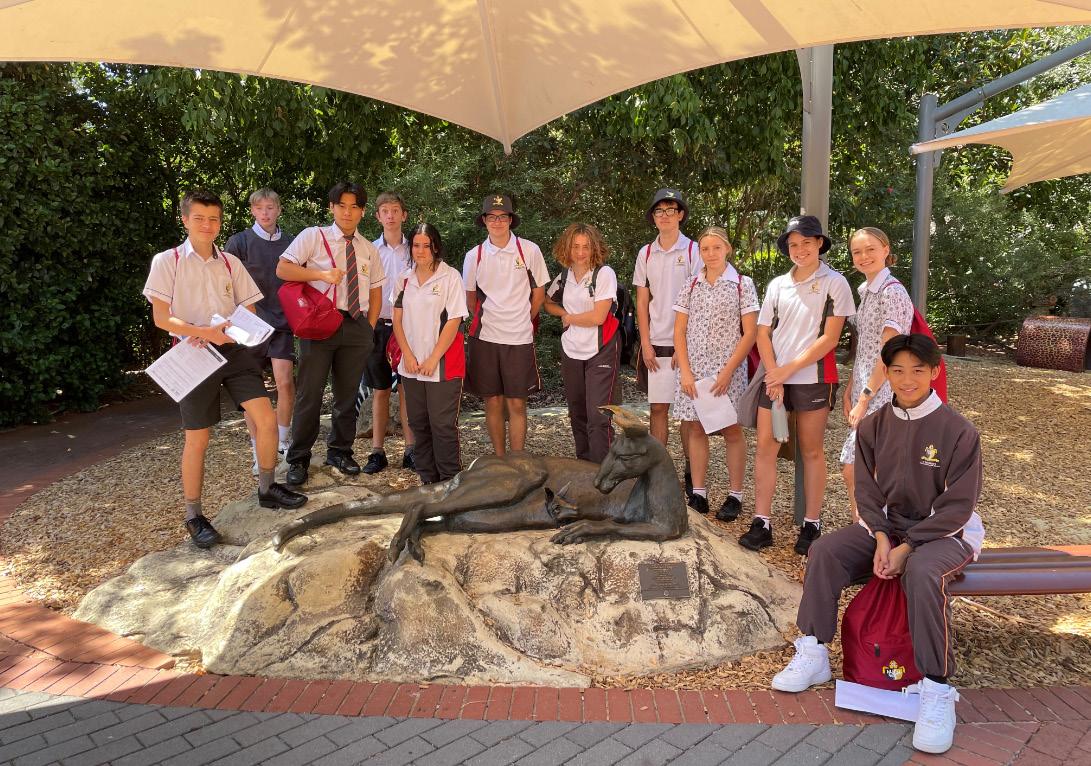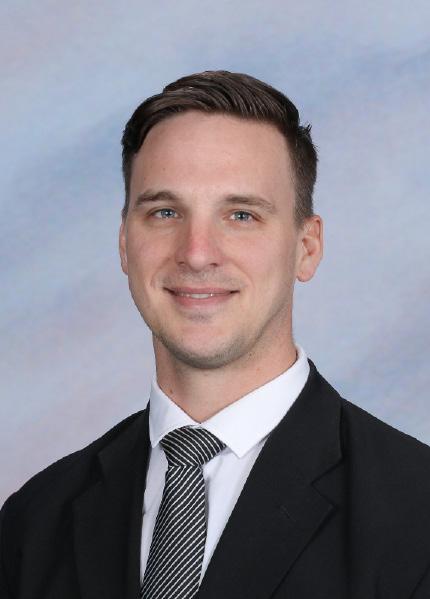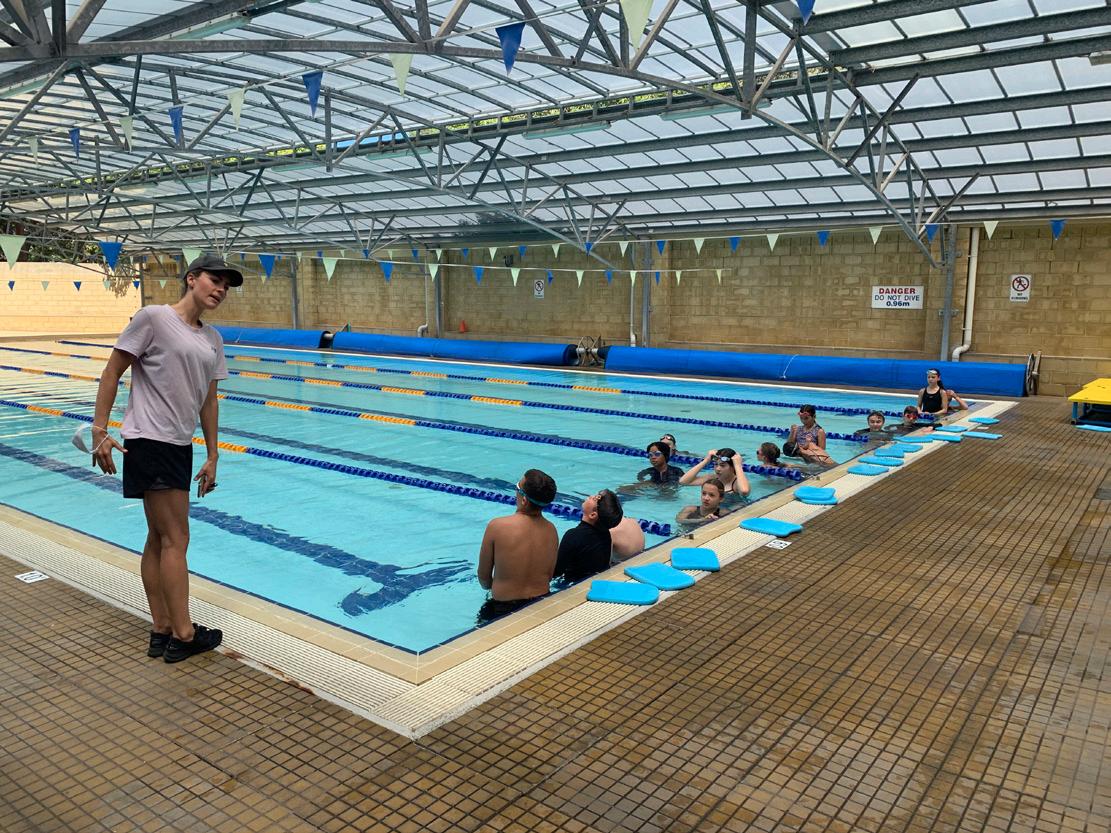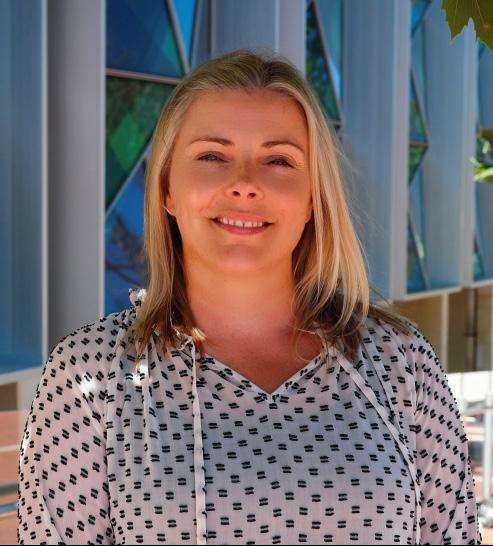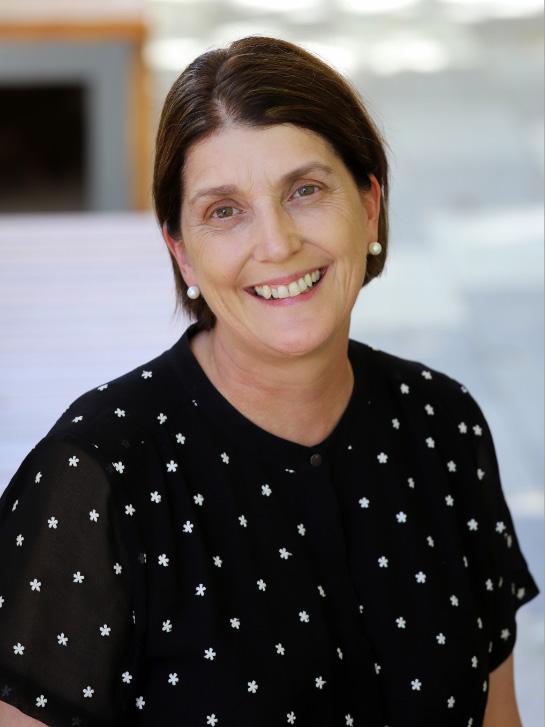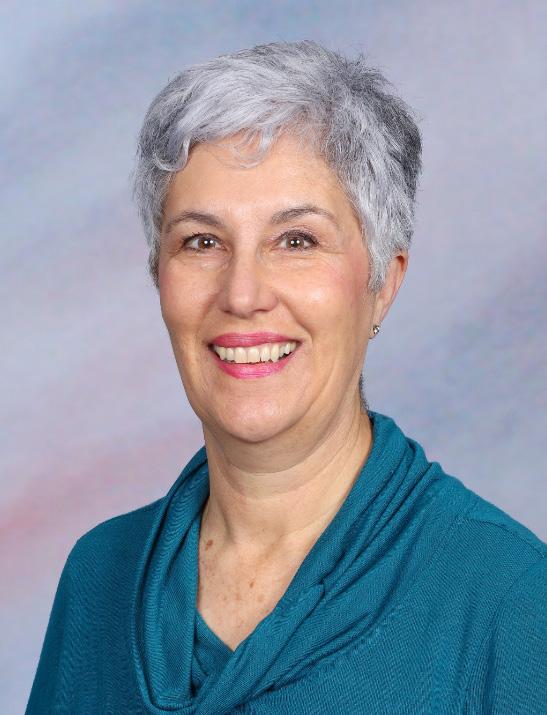From the Head of Curriculum Ms Victoria Kelleher
SEQTA The learning management system used by the School is called SEQTA. Parents/ Guardians, along with students, have access to this management system and can track their child’s academic progress as well as comments by teaching staff that have been entered into the system. For parents/guardians it is called SEQTA Engage. Please log into this valuable feedback tool regularly to stay informed of your child’s progress. If you experience trouble logging-on to SEQTA contact the IT help desk at ITsupport@stgeorges.wa.edu.au Save the Date – Parent Teacher Interviews Family engagement is critical to a child’s academic success. By connecting with your child’s teachers, talking about school matters at home and being involved in school events promotes positive partnerships between home and school can support success at school. Parents and carers will have an opportunity to meet with their child’s teacher on Thursday 1 April between 1:30 pm and 6:30 pm. Information about how to book appointments will be provided on Thursday 18 March. Assessment Templates Summative assessments are developed as formal assessment tasks that provide evidence of our student’s mastery of knowledge, skills, and understandings at a point in time. We provide our students with the opportunity to demonstrate their knowledge, skills and understanding through assessments that: • directly relate to the learning intentions or learning outcome 5
• are explicit about what learners are required to do • are time efficient and manageable • include clear and explicit assessment criteria • provide challenge for the full range of learners being assessed • are fair to all students including those with additional needs • are marked based on transparent rubrics • are appropriate to where learners are in their learning To support a consistent delivery of effective assessment tasks, we have introduced common assessment templates across all learning areas, that are tailored to our students in Year 7 to Year 10 and Year 11 and Year 12. This consistent approach by all teaching staff provides our students with assessments that clearly identify the purpose of the task, what is expected, and how the task will be assessed. In Year 7 to Year 10 General Capabilities to be assessed are highlighted and in Year 11 and Year 12, the Syllabus Criteria to be assessed are provided. Student Success At the Year 10 Pathway to Success Information Evening, the discussion centred on goal setting along with a positive growth mindset. Any student can achieve success with the right mindset, support and strategy. Research shows that academic success is a result of effective study strategies, support, and a positive mindset. Students who are generally optimistic, tend to perform better in school. Increased optimism leads to improved academic success because optimism serves as a shield, allowing us to see the world in a light that is more conducive to our own mental and physical wellbeing. According to Daniel Gilbert, psychologist and author, it all comes back to expectations. When we expect to do well, we push on. When St George’s Anglican Grammar School Newsletter

